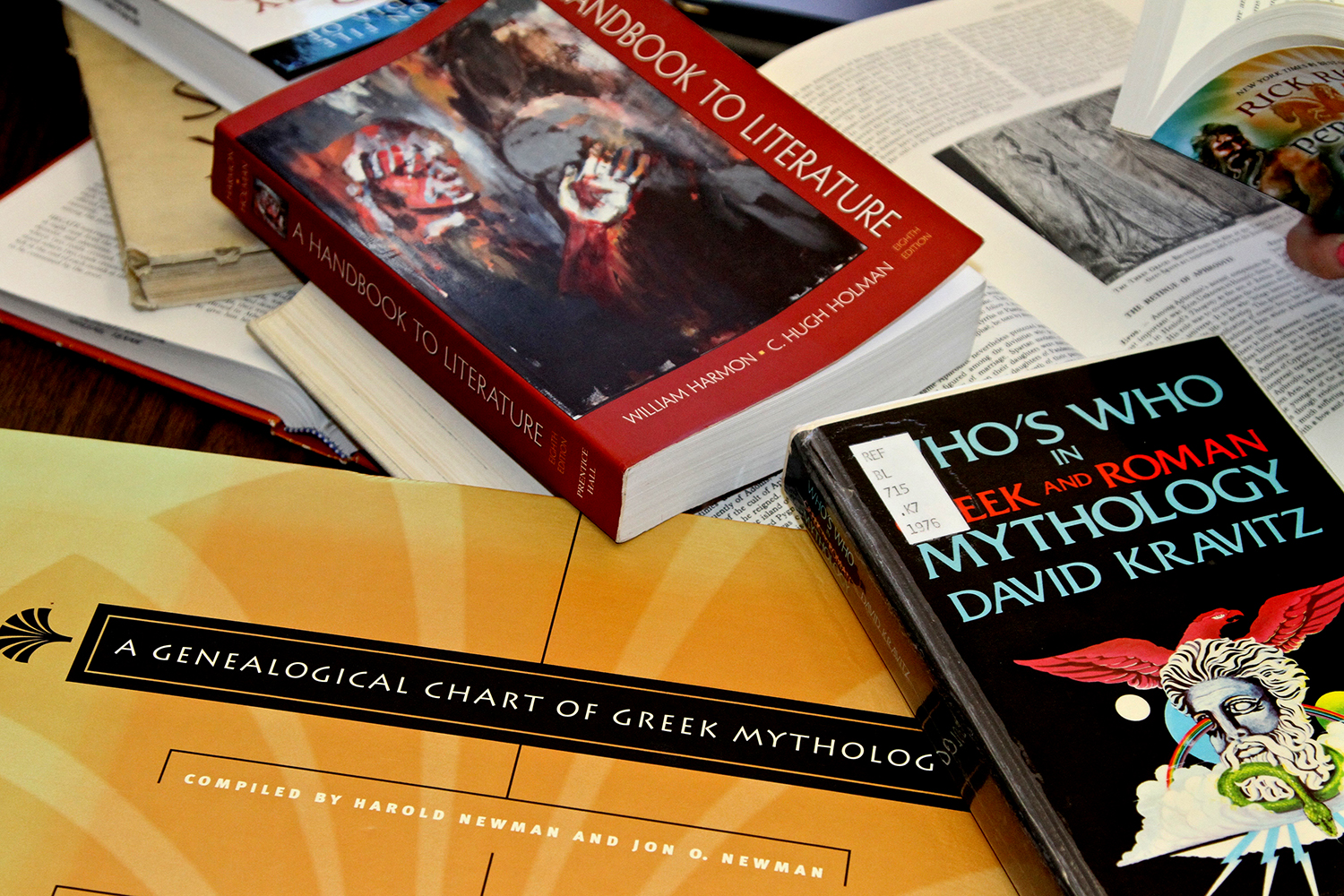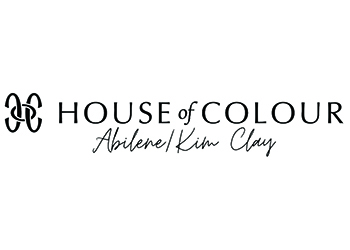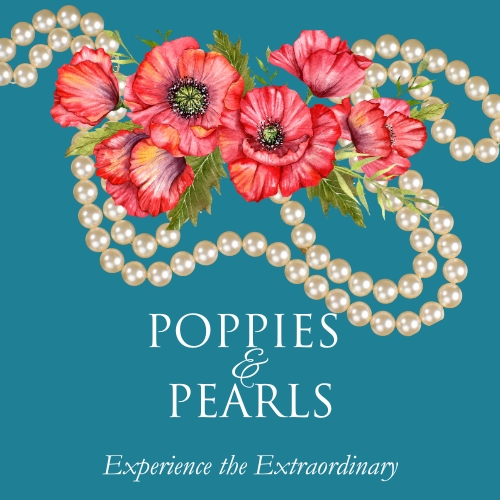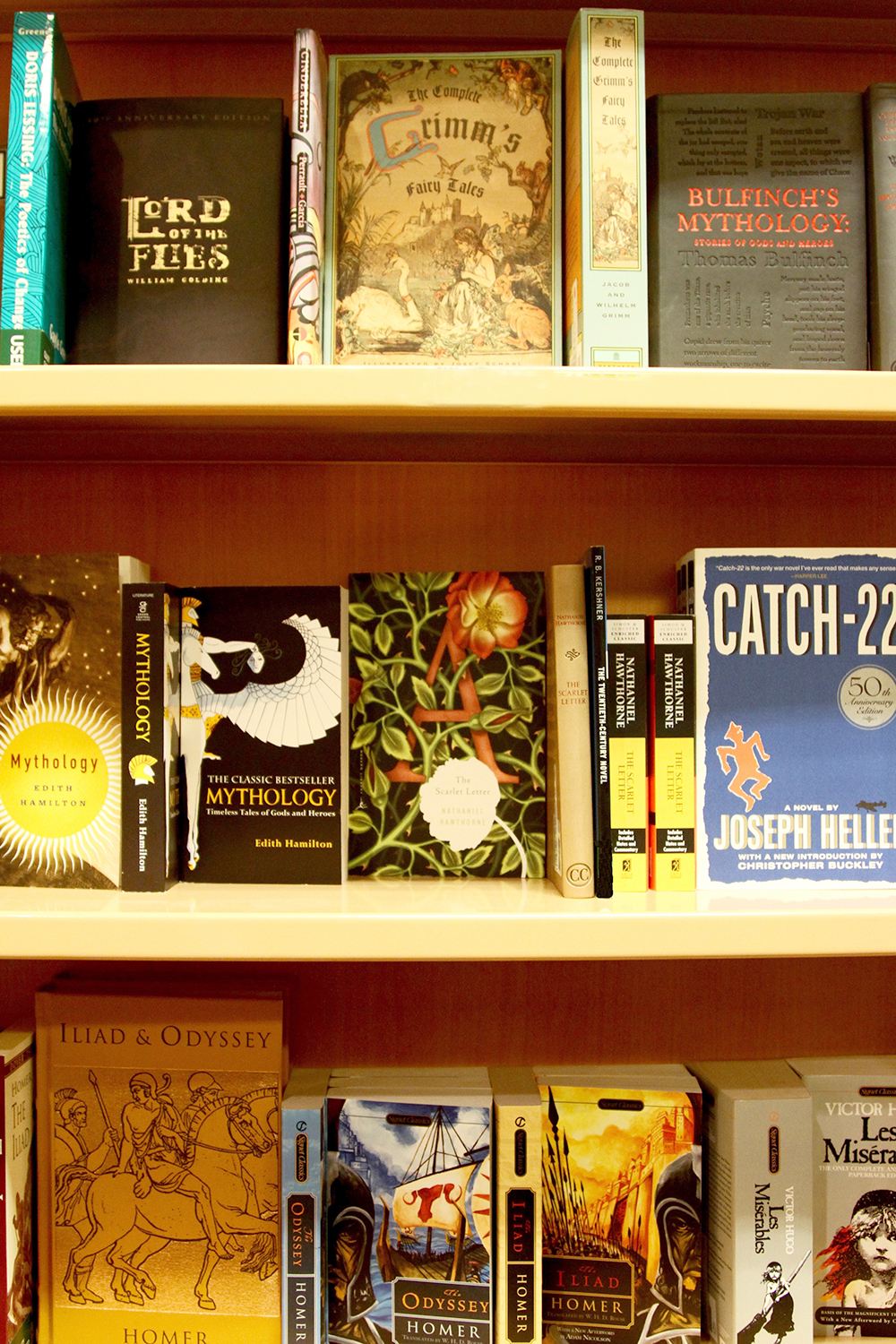By Brady Sloane
Many of us find ourselves racing through life – work, school, families, responsibilities. On top of that, electronics and social media are peppered throughout our fast-paced days.
In the midst of daily busyness, most of us don’t read as often as we’d like, despite an an abundance of literary programs and resources (Abilene’s public library has multiple locations and great programming, not to mention university libraries). If the books and studies from your high school literature and English classes have faded from your mind, and the novels on your bookshelf could use a good dusting, don’t worry. Fake Your Way Through can help.
While many great new books are being published daily, having an appreciation and understanding of classic literature helps further our understanding of current times. The classics are often introduced to us at a young age and sometimes we aren’t ready to appreciate them.
Maybe a child loves classics such as “Charlotte’s Web” and “Peter Rabbit,” but the transition to more difficult reading in middle school or high school becomes cumbersome. Whether you are a novice or an aficionado at your current stage of life, you can reconnect with or discover a newfound love for classic literature. But what exactly defines classic lit?
Dr. Ann-Marie Lopez, assistant professor of English at McMurry University, said she defines it as a piece of literature that is timeless.
“Literature is all about the human experience, so it’s a text that, despite its age, still has applicability to our lives now,” Lopez said. “It’s also something that, for different reasons, is appreciated by many, and, again, that also spans decades.”
Lopez also says an understanding of the classics can impact our everyday lives.
“The very things the authors address are typically the things we struggle with every day: love, loss, identity, relationships,” she said. And that shouldn’t exclude newer works. “There are a host of contemporary authors who are contributing right now to that body of literature we would consider classics material.”
Where to start?
The easiest thing to do is grab a book off of your shelf or head to the local library and start reading. Lopez recommends that you start with a classic that deals with a topic you’re interested in.
“Adventure? Melville. Love? Austen. Intrigue and human psychology? Poe. Gender? Woolf,” Lopez said.
Librarians are trained to help you find what you may be looking for. Janis Test, the information services manager at the Abilene Public Library, explained that they offer a readers’ advisory service where librarians recommend books based on needs and desires (all you have to do is ask a librarian for help).
The library also has books selected for a variety of reading levels but still appropriate for adults. In addition, they offer many different ways for people to enjoy literature. That might include a graphic novel or an audiobook. Audiobooks are great for less confident readers or for people who find themselves constantly on the go or in the car.
If you wish to improve your reading comprehension, heed Dr. Lopez’s advice: “Read slowly and re-read as much as necessary. Don’t be afraid of re-reading a passage. And read with a pen. Active reading is probably the best way to increase comprehension. It’s very difficult for me to read anything anymore without a pen in my hand.”
Enjoying classic literature is an enriching experience meant for all. Schedule some time, pull up a cozy chair and a cup of tea and get started!
Book Club Basics
If you want some accountability and socialization to motivate your reading, consider joining a book club or starting one yourself. All it really takes are some books, snacks, and interested parties.
To join a local club, search online. The Abilene Public Library offers a monthly book club for adults as well as one for teenagers. Churches are also a great place to sign up for a book club.
If you prefer to start your own book club with friends, ask yourself a few questions.
What types of books do I want to read? If you don’t know, start with classics that maybe you didn’t fully read when they were assigned to you in school or that you want to enjoy all over again. Your club could be thematic, say social justice or forbidden romance, but the books could span decades of publication dates.
Who do I want at my book club? Think about engaging people you would like to get to know better or don’t see as often as you would like. Remember, people’s schedules are hectic; don’t be disappointed if not everybody is able to participate.
Where do we want to meet? Book clubs can meet at your home, rotating through member’s homes or even in public places. If you wish to make an outing of it, look to coffee shops, a winery or brewery, or even a restaurant. If you have a large group, call ahead and make sure it is appropriate.
Advanced tips: If you are starting or leading the club, it may help to read the book yourself before officially assigning it to the full group. You may also want to plan some discussion questions for the actual meeting. Keep them open ended to foster group participation in the discussion. Doing this isn’t necessary, but will keep your discussion lively. If you are planning a rotating book club, it can be the duty of the host or hostess for each meeting.
“It was the best of times, it was the worst of times…”
―Charles Dickens, “A Tale of Two Cities”
“Everything is funny, if you can laugh at it.”
―Lewis Carroll, “Alice’s Adventures in Wonderland”
“It’s delightful when your imaginations come true, isn’t it?”
―L.M. Montgomery, “Anne of Green Gables”
“I have been bent and broken, but – I hope – into a better shape.”
―Charles Dickens, “Great Expectations”
“But some day you will be old enough to start reading fairy tales again.”
―C.S. Lewis, “The Lion, the Witch and the Wardrobe”
“Parting is such sweet sorrow that I shall say goodnight till it be morrow.”
―William Shakespeare, “Romeo and Juliet”
“Do you bite your thumb at us, sir?”
―William Shakespeare, “Romeo and Juliet”
“The most beautiful things in the world cannot be seen or touched, they are felt with the heart.”
―Antoine de Saint-Exupéry, “The Little Prince”
“I just want someone to hear what I have to say. And maybe if I talk long enough, it’ll make sense.”
―Ray Bradbury, “Fahrenheit 451”
“…Yo-ho-ho, and a bottle of rum!”
―Robert Louis Stevenson, “Treasure Island”
“His answer to every problem, every setback was ‘I will work harder!’ —which he had adopted as his personal motto.”
―George Orwell, “Animal Farm”































Leave a Reply